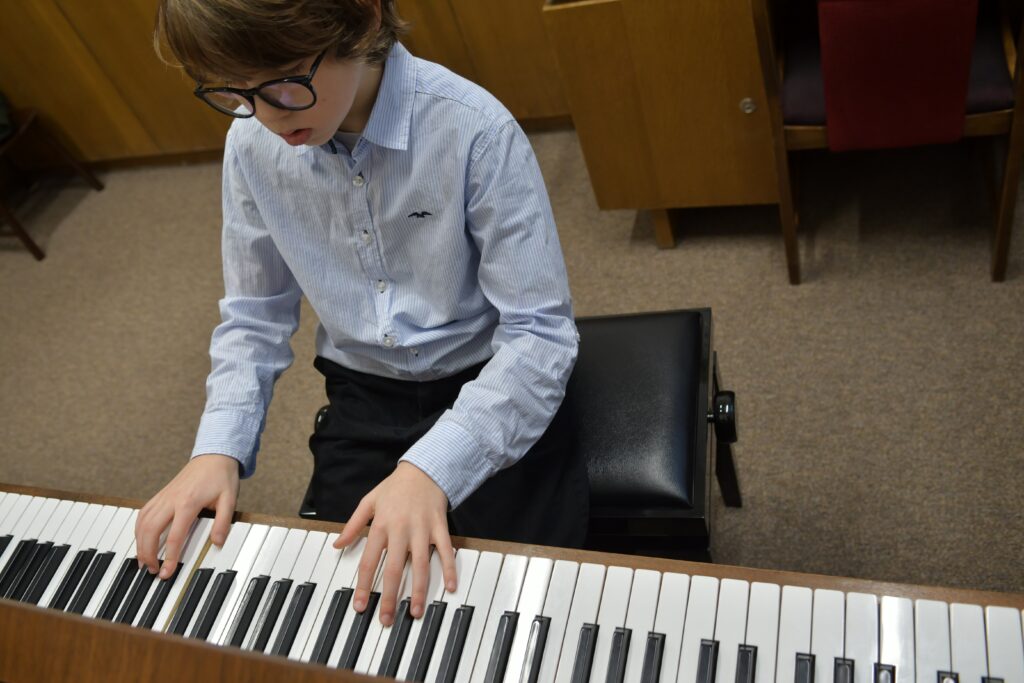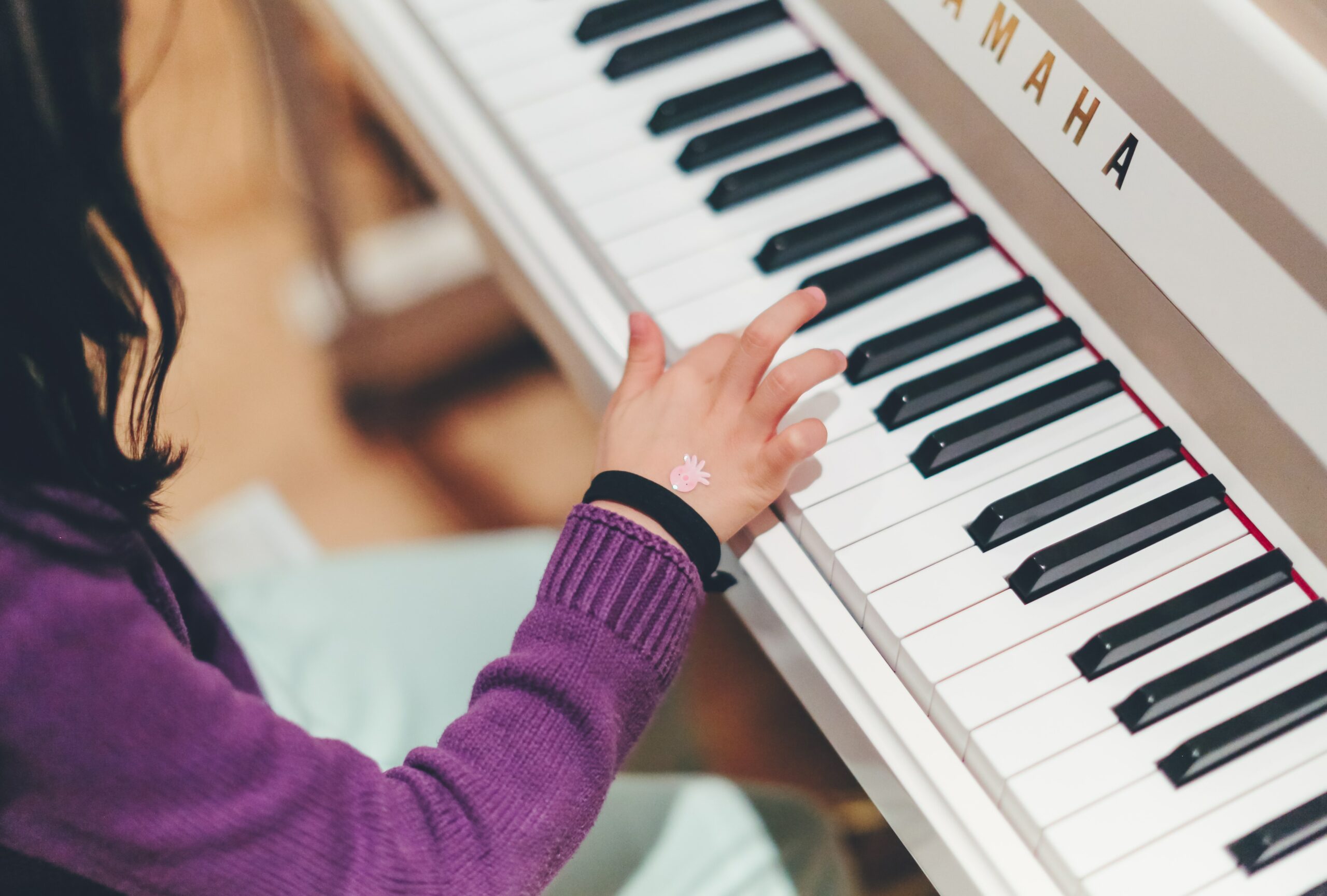Music education is an opportunity to build a career in this field. It is a system of training professionals who can perform compositions, conduct, write lyrics, and make music themselves. The benefits of a music education for a child are great, and this article will point out some of the main benefits of having one. Becoming a musician without an ear and voice is difficult, but these qualities can be developed if you practice hard. The main thing is to have a desire and experienced mentors, but natural data is also very important. Not everyone who has received a music education, given to become a great musician. Many people after graduation continue practicing music just for fun.
What are the benefits of music lessons
Parents often dream that their children realize themselves in sports or music. The second option is great for those who do not have a strong physique and the necessary stamina for regular exercise. Many people ask: how to get a music education? To do this, you need to enroll in a lyceum or college, where they prepare future musicians. Younger children are trained in special schools, so that later to be among the students of specialized academies and colleges. Music education online is also popular – it’s a good opportunity to save time on the road to school, and often even money. What does music do? – It develops your hearing.
Hearing
Hearing is important for any musician, including beginners, not to mention professionals. If you don’t have it, you’ll never be a great musician. Hearing in music means the full ability you have to compose, play, and actively listen to music. It can be either absolute, relative, or melodic. Musical hearing is what makes it possible to recognize people by their voices, and it is something we use in everyday life all the time, which means it can be developed through training. Some people have it very well developed from the very beginning, while others have less, but this can be fixed.
Coordination
Music lessons develop not only hearing, but also coordination. This is especially evident in the example of pianists. Playing the piano improves movement coordination and auditory coordination. Fine motor skills also develop, which is important for most children, especially for preschoolers and those who spend a lot of time at the computer, acquiring pain syndrome due to the static position of the hands over the keyboard. At the initial stage of training is an introduction to the instrument – the process is supervised by an experienced teacher who knows how to put the fingers of a child, helps him with advice, encouraging. These lessons develop the muscles of the hands and wrists.
Memory
Music lessons are a great way to practice memory. Children who play an instrument memorize poems faster and have an easier time doing lessons. Music trains different brain functions and teaches how to multitask. Musicians, even beginners, have to memorize and read notes. Memorizing music strengthens memory, which is beneficial in different areas of life.
Attention
Children who practice music concentrate more easily. This is due to the fact that they constantly strive to convey the content of songs, their depth. Being attentive, children learn math and other school subjects better. Note-taking is a lot like arithmetic problems. With music, both cerebral hemispheres can be developed.
Intelligence
Music lessons also help develop the intellect. Young musicians are constantly learning new things. A person who loves music and devotes time to it cannot have a meager intellect. With such people, even if they are children, it is interesting to talk. They can tell about outstanding singers and composers.

Music makes children more plodding, organized, sociable, friendly, and optimistic. It stimulates the brain, instills discipline in the younger generation, and develops creativity. Children who are engaged in music, it is easier to learn foreign languages, they are not afraid of public speaking. Such lessons develop intelligence, speech, not for nothing in the nobility necessarily taught singing, playing musical instruments.
Musical education if you want anyone can get and it’s best to do it at an early age. Some for the sake of this even go abroad, but also in Russia, plenty of educational institutions, which train violinists, pianists. Playing some instruments and even realistic to master in a short time. Attending music school will benefit all children, without exception, even not too gifted. Classes in music develops inner culture and teaches you to be kinder.
